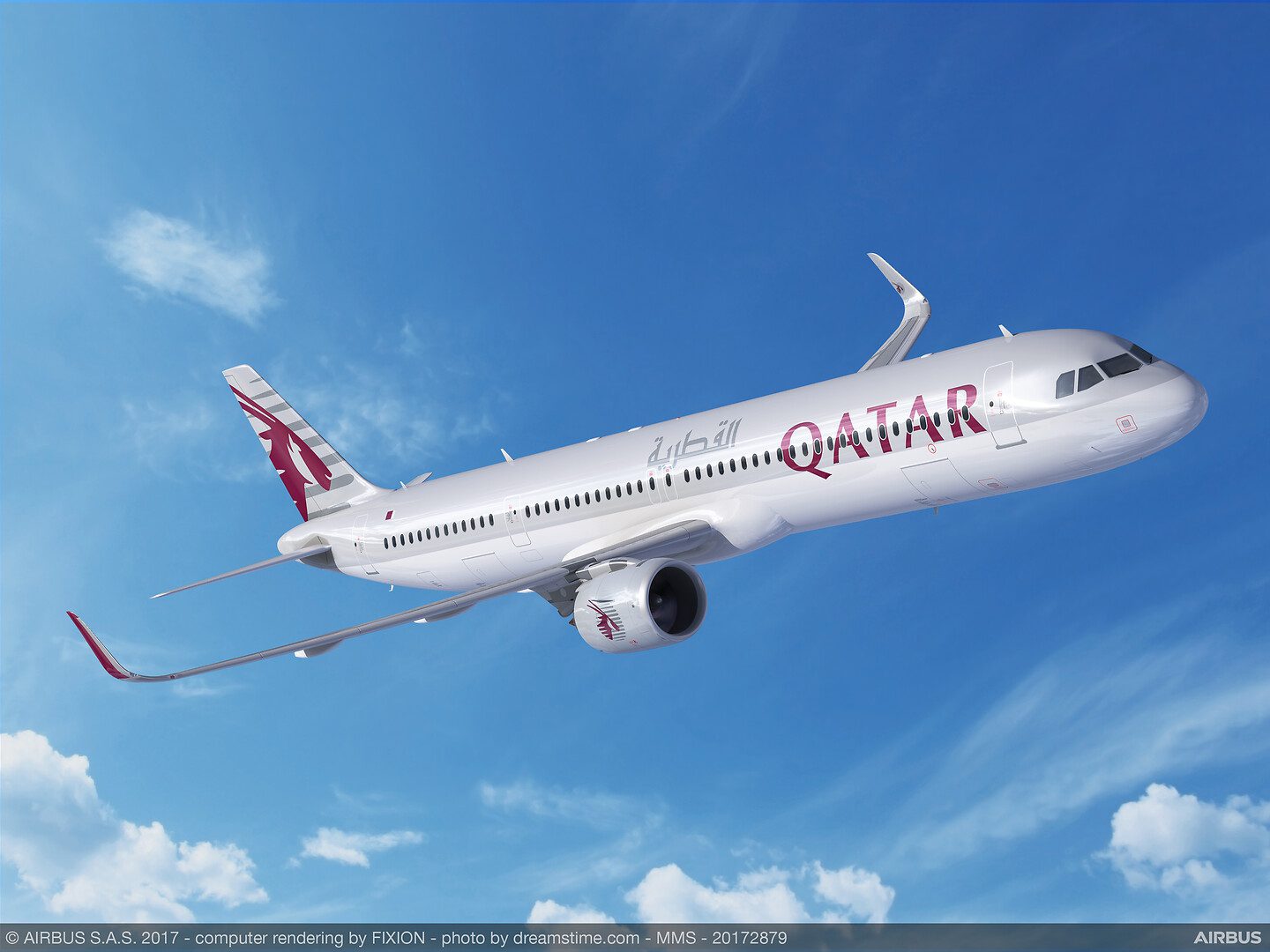
a321neo acf qatar airways
Airbus has been entitled to terminate the contract with Qatar Airways for fifty A321neo’s in January, a London High Court has ruled in a hearing on April 26. The ruling means that the airframer is now free to offer the production slots to other customers, although an Airbus spokesperson tells AirInsight that the OEM remains open to an amicable solution with Qatar. Airbus free to sell Qatar’s A321neo’s but open to amicable solution.
Airbus took Qatar by surprise in January, when it said in an earlier hearing that it had unilaterally terminated the A321neo contract. It had exercised its right “pursuant to a cross-default provision” in the contract in the dispute over the A350 paint quality issue, in which Qatar refused to take delivery of two A350-1000s (MSN409 and 430). At the same time, it didn’t want Airbus to tender the aircraft. Airbus has since then terminated the contract for the two A350s.
Following the termination of the A321neo order, Qatar was seeking an injunction from the High Court to reinstate the contract. The airline, which already paid $330 million in pre-delivery payments, denied that Airbus is entitled to a cross-default provision in the contract. In response to the request, earlier in April, the Court summoned Airbus not to take any action that would put the order position at risk, but the airframer said in February that the production slots had already been removed from the production schedule.
The ruling on the A321neo order came early today during the hearing. The court supported Airbus’ view that it was entitled under the cross-default clause to cancel the order because Qatar has consistently refused to accept deliveries of more A350s. The judge rebutted Qatar’s claims that the neo’s are unique and essential for its services to Europe, stating that the airline can use other aircraft on these routes or source additional aircraft elsewhere. The first A321neo was due in 2023.
While this is no short-term solution, Qatar has been working on a Plan B for some time in case it lost the injunction. It signed a Memorandum of Understanding with Boeing on January 31 for fifty MAX 10s including 25 options on the same day it ordered the 777-8F. If it will firm up this MoU remains to be seen now. According to an Airbus spokesperson, it is too early to say if the A321neo’s destined for Qatar Airways will indeed be offered to other customers. As the hearing was still in progress, it isn’t to be ruled out that Qatar might appeal the court’s decision.
Airbus says that it “has always and remains committed to finding an amicable resolution and welcomes any steps in that direction as legal proceedings are not helping any of the parties.” He adds: “Airbus is pleased with the Court’s decision in recognizing Airbus’ position that a transparent and trustful cooperation is essential in our industry.” The court condemned Qatar to pay some $330.000 in legal fees.
A350 case will drag on
Today’s hearing was scheduled to plan for the A350 case, which should proceed with more hearings before the summer holidays. Qatar wants a preliminary court ruling on the A350 while Airbus wants a full trial that is not expected until early 2023. The airline has been saying for some time that Airbus is handling the paint issue inadequately. The airline and the Qatari regulatory agency state that the paint delamination is a safety of flight issue, something that’s denied by Airbus and the European regulatory agency EASA. “Overall, the A350 Injunction Applications appear to be intended to put deliveries ‘on hold’ and to protect Qatar from the consequences of its decision to refuse to take delivery of new aircraft. This would be an extraordinary order for which Qatar has given no justification”, Airbus says in a pre-hearing document.
Qatar is also seeking financial compensation from Airbus for the 23 A350s that have been grounded, which has now grown to some $980 million. But Airbus states there is no ground for compensation, as the grounded aircraft are “plainly airworthy and therefore not unserviceable.” The pre-hearing document says: “Airbus has explained that the primary cause of the surface degradation issues is the difference in thermal expansion coefficients between the constituent elements of the airframe and the Expanded Copper Foil and paint layers. There is no “permanent repair” that could prevent or obviate the need for repainting or other similar maintenance actions. Airbus has provided appropriate repairs and maintenance actions but QTR has refused to implement them.”
Views: 1



